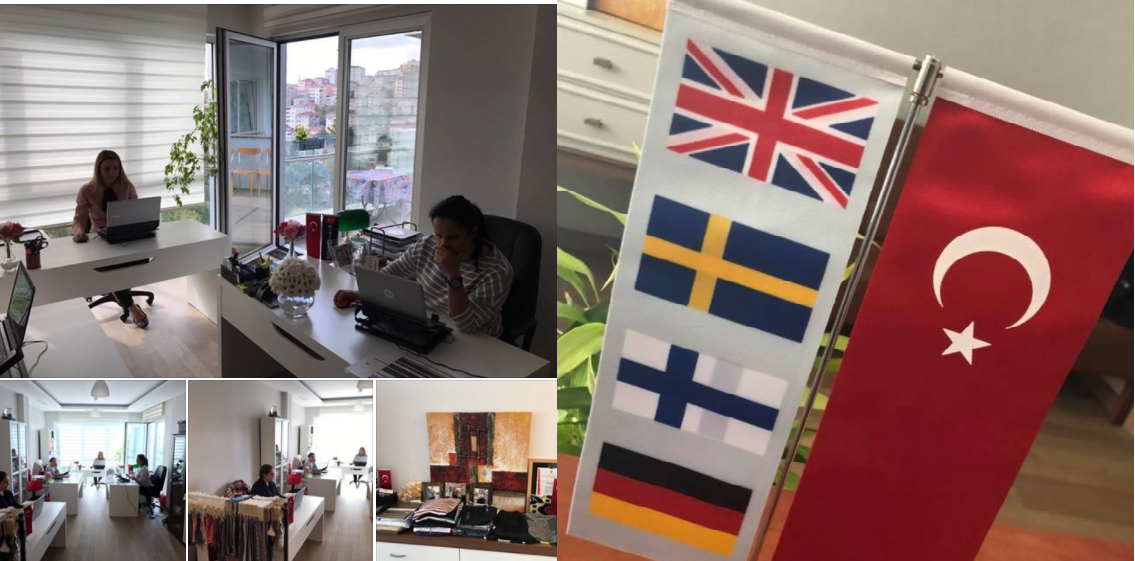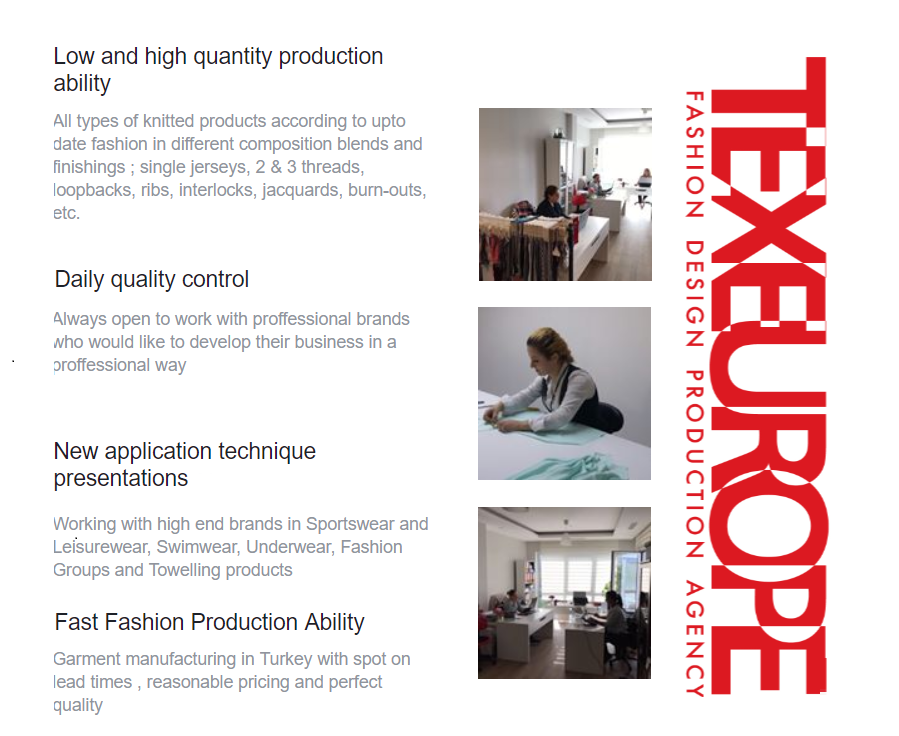TEXTILE
QUALITY ASSURANCE: ENSURING EXCELLENCE IN EVERY FIBER
In the
world of textiles, quality assurance plays a paramount role in ensuring that
every fabric, every garment, and every accessory meets the highest standards of
excellence. From the moment a textile product is conceived to the final stages
of production, meticulous attention to detail and rigorous testing are employed
to guarantee durability, comfort, and overall customer satisfaction.
I. THE
IMPORTANCE OF TEXTILE QUALITY ASSURANCE
Quality
assurance in textiles is essential for several reasons. Firstly, it ensures
that products meet the expectations and requirements of consumers. With the
ever-growing demand for superior quality textiles, manufacturers must employ
stringent measures to maintain customer loyalty and uphold their brand
reputation.
Secondly,
quality assurance in textiles helps to minimize defects and flaws in the
production process. By implementing robust quality control procedures,
manufacturers can identify and rectify any issues before the products reach the
market, thus minimizing the chances of customer dissatisfaction and costly
returns.
II. THE
ROLE OF TESTING AND INSPECTION
Testing and
inspection are integral components of textile quality assurance. These
processes involve the evaluation of various parameters, such as fabric
strength, colorfastness, shrinkage, and dimensional stability. By subjecting
textiles to rigorous testing, manufacturers can ensure that the materials used
are of high quality and capable of withstanding the demands of everyday use.
III.
IMPLEMENTING QUALITY MANAGEMENT SYSTEMS
To
streamline the quality assurance process, many textile manufacturers adopt
quality management systems like ISO 9001. These systems provide a framework for
establishing and maintaining quality objectives, conducting regular audits, and
continuously improving processes. By adhering to these standards, manufacturers
can enhance efficiency, reduce waste, and consistently deliver superior
products to the market..
IV. THE
ROLE OF CERTIFICATIONS
Certifications
play a crucial role in textile quality assurance. Well-known certifications
such as Oeko-Tex Standard 100 ensure that textiles are free from harmful
substances, providing consumers with confidence in the safety and environmental
sustainability of the products they choose. These certifications act as an
assurance of quality and compliance with industry standards.
V. STAYING
AHEAD OF THE CURVE
In an
ever-evolving industry, textile quality assurance must constantly adapt to new
technologies, materials, and consumer demands. Manufacturers are investing in
advanced testing equipment, incorporating innovative fibers, and embracing
sustainable practices to stay ahead of the curve. By staying abreast of the
latest trends and developments, textile manufacturers can continue to deliver
products that exceed customer expectations.
In
conclusion, textile quality assurance is of utmost importance in ensuring that
the fabrics and products we encounter on a daily basis meet the highest
standards of excellence. By employing robust testing and inspection processes,
implementing quality management systems, and obtaining relevant certifications,
textile manufacturers can guarantee the durability, comfort, and overall
satisfaction of their customers. Through a commitment to excellence, the
textile industry continues to elevate the quality of our everyday lives.





